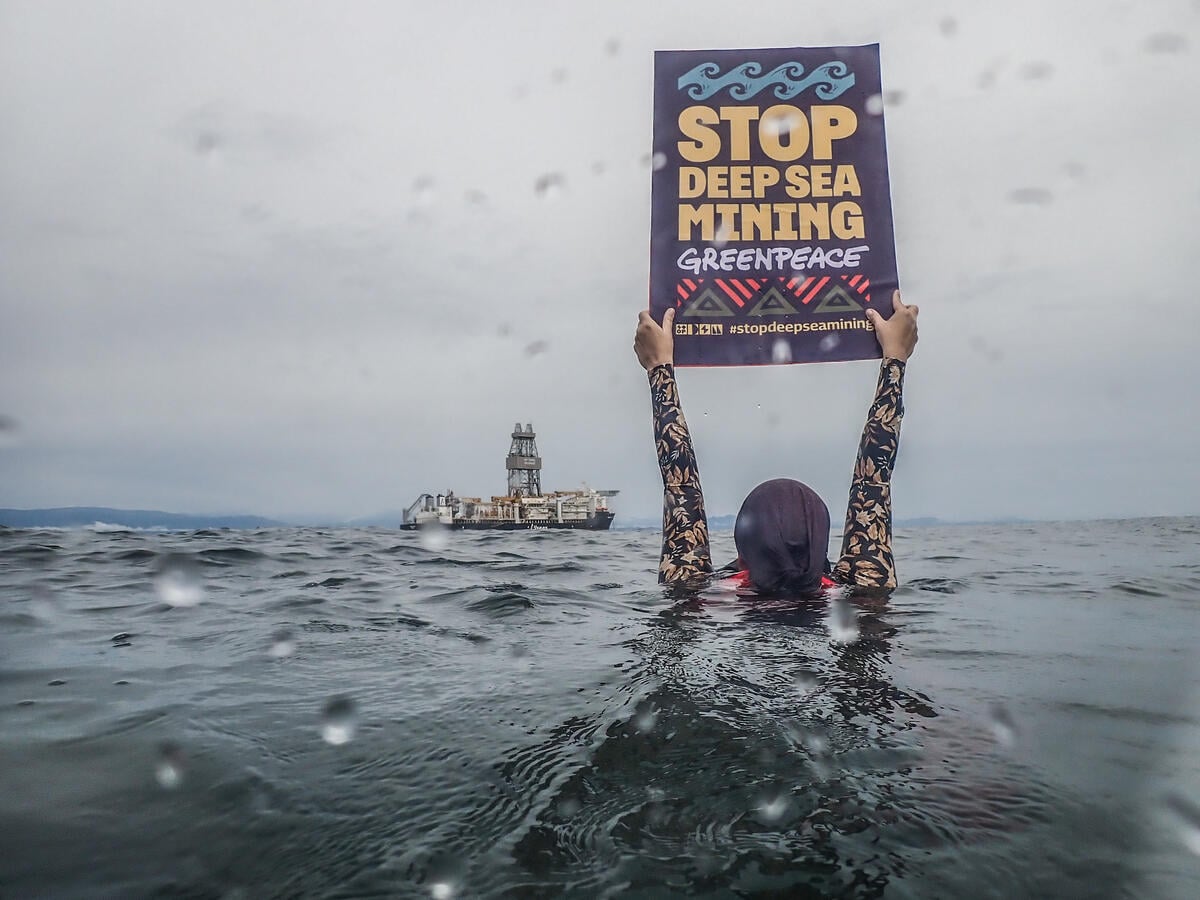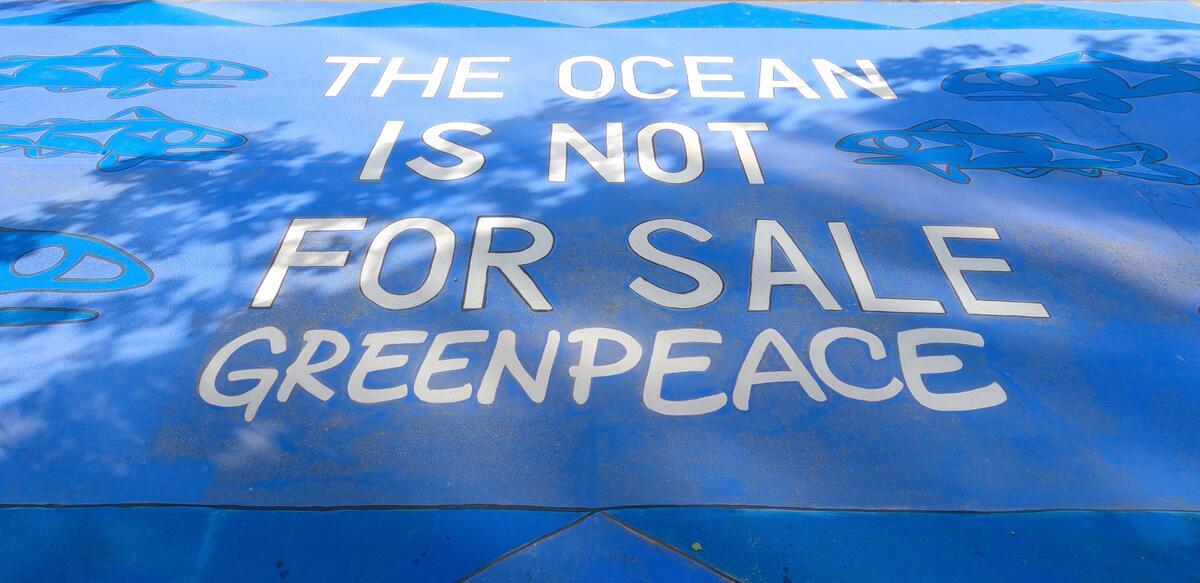Toronto- The UN’s biodiversity report warning of mass species loss due to human impacts must spark urgent action to protect the world’s forests and oceans and lead to sweeping change in agriculture and food production and consumption.
The global assessment report on biodiversity and ecosystem services from the Intergovernmental Panel on Biodiversity and Ecosystem Services (IPBES) warned that 1 million species are at risk of extinction, more than at any time in human history.
The report added that most of the global 2020 targets for the protection of nature outlined in the Strategic Plan for Biodiversity (Aichi biodiversity targets) will not be met, undermining half of the UN’s Sustainable Development Goals (SDGs).
In reaction to the report’s findings, Head of Forest Campaign at Greenpeace Canada Shane Moffatt, said:
“This report has enormous implications for all Canadians. If we’re not careful it may be our last warning before losses become irreversible. From little to large, bumblebee to caribou, our wildlife are in deep trouble. We can solve this crisis by protecting at least 30% of Canada’s lands and waters. The good news is that restorating our natural environment will also play a major role in preventing climate change. Combining biodiversity conservation with drastic CO2 emission cuts and increased forest carbon storage can contribute significantly to limiting global warming to 1.5C. These natural climate solutions can help bring us back from the brink.”
The IPBES report found that 66% of the ocean is experiencing multiple human pressures and marine life is showing “severe impacts”. The report warns further that the richness and abundance of marine life is in decline, limiting the ocean’s ability to provide food security and protect against climate change.
Sarah King, Head of Oceans & Plastics campaign at Greenpeace Canada, said:
“This report is clear: our failure to protect our oceans is having a devastating and potentially irreversible effect on biodiversity. It is critical that we take action now to protect marine life an ecosystems, yet most international collaboration has focused on how best to exploit marine life and plunder the seas for short-term profit. We need a Global Ocean Treaty that protects at least 30% of our global oceans by 2030. Today, only 1% of the global seas are protected and there is no legal instrument that allows the creation of sanctuaries in international waters. The creation of ocean sanctuaries would help safeguard marine life, help create the conditions to ensure food security for millions of people and maintain healthy oceans that are our best ally against a changing climate. This is a unique opportunity for governments to work together to protect our shared oceans and blue planet.“
The IPBES report has warned that key drivers of change in nature, such as land-use change, exploitation of organisms, climate change, and consumption levels have accelerated to unprecedented levels.
-30-
For more information please contact:
Mojgan Mohammad, Communication officer, Greenpeace Canada
[email protected]; +1 514 400-3313



